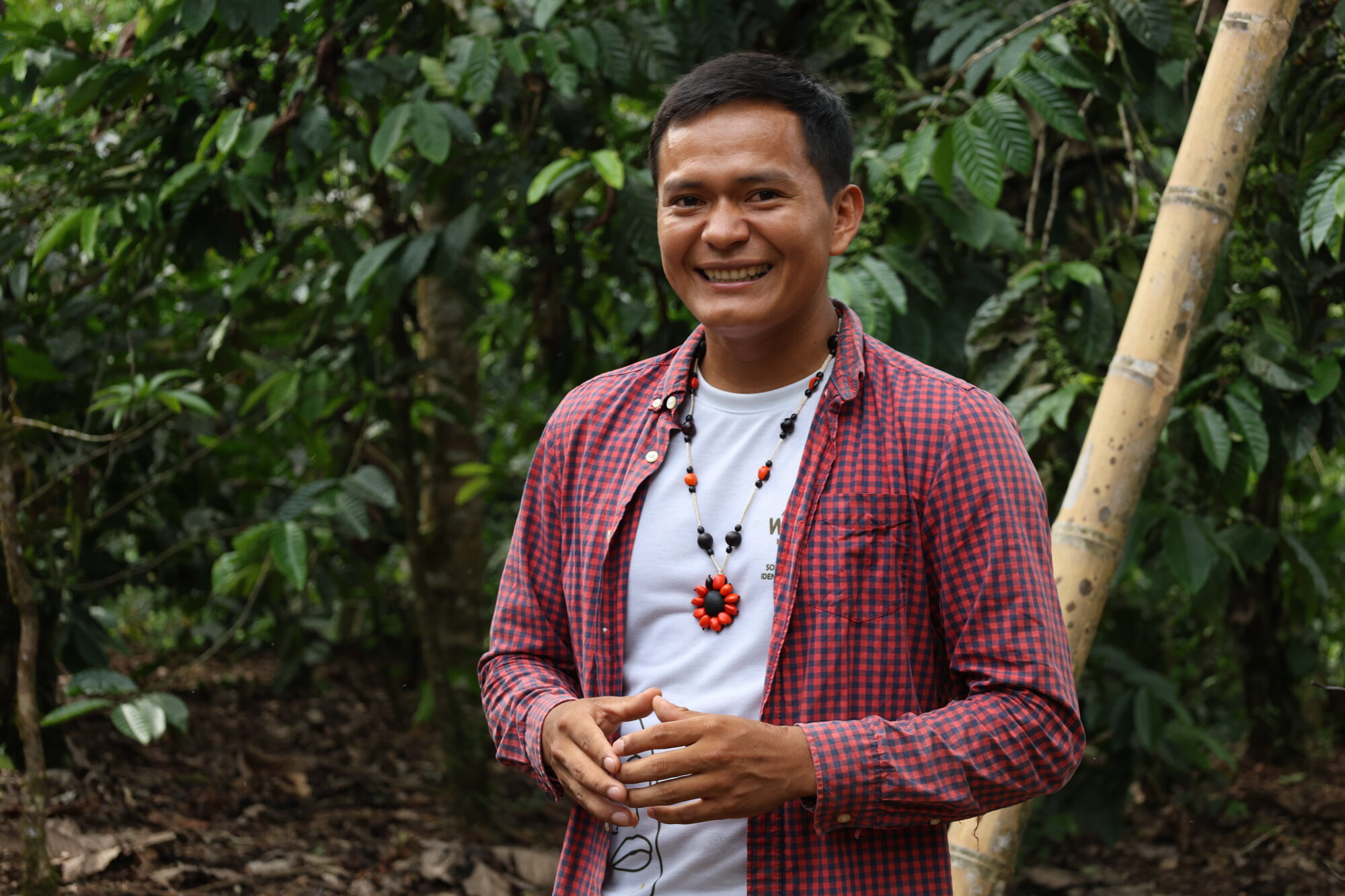Napo, Zamora Chinchipe, Pastaza and Morona Santiago, Ecuador
Amazonian chakras are a traditional agroforestry system practiced by Kichwa communities in the Amazon region of Ecuador. An Amazonian chakra combines food production, regenerative practices and the transmission of ancestral knowledge. Associations such as Kallari, Wiñak and ASOPROMÁS have strengthened fair trade, incorporated certifications and developed strategies against external threats. This model is structured around a community- based, multi-sector and resilient approach that improves community income while protecting the Amazon ecosystem.
This case study is part of a special collection developed by Regions4 as part of its work on
Just Resilience. With the support of CONGOPE, its goal is to highlight Indigenous and community- based economic models that integrate sustainable practices, ancestral knowledge and collective organisation, and that actively contribute to environmental conservation and territorial resilience.
These experiences were identified during the Breakthrough Workshop on Indigenous Economy and Just Resilience held in Napo (Ecuador) in January 2025. The case studies include practical recommendations for subnational governments to recognise, strengthen, and collaborate with these models through their public policies, fostering a fairer, more inclusive transition in harmony with nature.
The full case study in Spanish, English and French is available below:
-
CHAKRAS (Español)
Descargar -
CHAKRAS (English)
Download -
CHAKRAS (Français)
Télécharger
